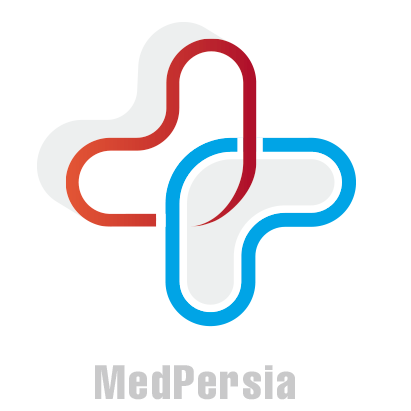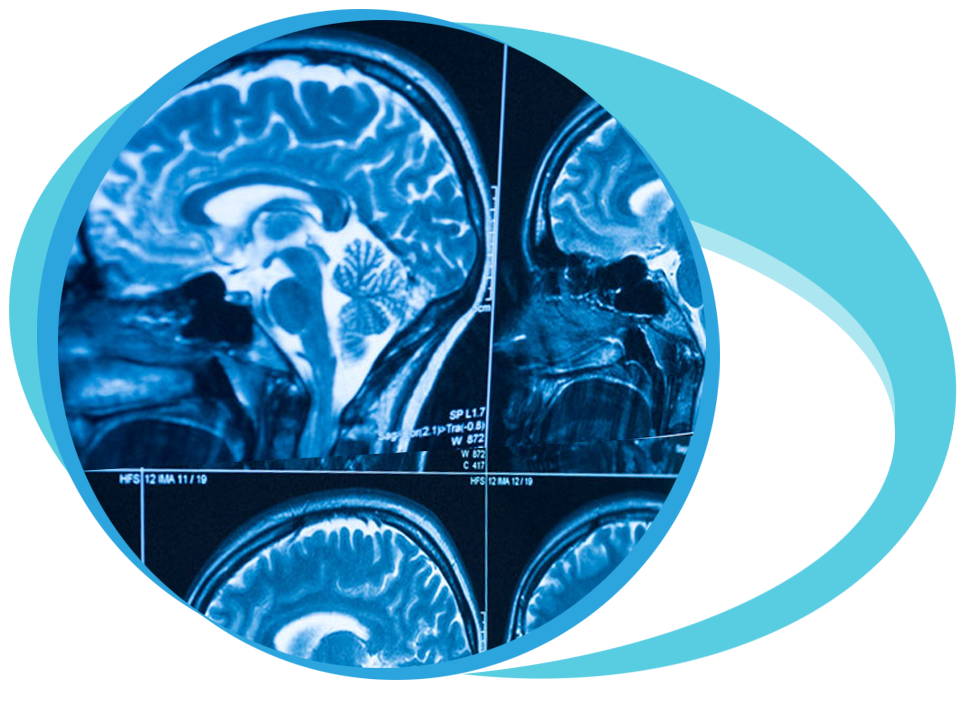Medical Oncology in Iran Details
What is Medical Oncology?
The treatment of cancer with the help of certain agents and drugs that travels in the entire system of the body for destroying cancer cells and simultaneously also helps the body to defend itself is the focus of both medical oncology and hematology.
This is assumed as a systemic treatment as compared to radiation oncology that only focuses on treating a part of the body.
Chemotherapy, drugs, and certain other related therapies such as hormone therapies and biological response modifiers are used in medical oncology for treating cancers.
Hormone Therapy
This therapy is considered as a systemic treatment and is also known as endocrine-based therapy.
Hormone therapy interferes with certain hormones (natural body chemicals) that help in stimulating the growth of cancer.
Endometrial, breast, ovarian, and prostate are certain types of cancer that are characteristically sensitive to hormones.
The hormone therapy drugs are structured chemically to interfere and prevent the development of such types of cancer.
This therapy can be combined with radiation therapy or can also be used alone.
Chemotherapy
This therapy may be given before or after surgery.
Certain types of drugs are used for destroying the cancer cells. These drugs can be injected into a vein (intravenously) that enters the bloodstream and travels through the entire body.
Chemotherapy can also be administered in pill form.
The treatment regimen and the type of cancer determine the duration of the treatment.
This therapy is usually given in cycles to provide a rest period in between the treatments.
There are different types of chemotherapy drugs that include the followings:
- Nitrosoureas: These are impeding enzymes that help in repairing DNA.
- Alkylating Agents: These interfere with the development of cancer cells by blocking the replication of DNA and damaging cancer cell DNA.
- Mitotic Inhibitors: It slows cancer cell division that is essential in the reproduction process of the cells.
- Antitumor Antibiotics: They help in blocking some cancer cell changes and enzymes.
- Antimetabolites: It helps in blocking the pathways of the enzyme that may be required by the cancer cells to live and grow.
Five Reasons for giving Chemotherapy Drugs
- Chemotherapy drugs control cancer and enhance the quality of life
- The drugs help in treating those cancers that react well to chemotherapy
- The resistance of cancer cells can be overcome by giving these drugs in higher dosages
- The size of the tumors is decreased with the help of these drugs that also provides for safer removal.
- The cancer-killing effectiveness is also increased of other treatments like radiation therapy
Molecular or Targeted Therapy:
Targeted therapy is directed to a signaling pathway or a specific target that makes use of certain drugs for blocking the spread and growth of cancer.
This is done by interfering with division and growth of a cancer cell in various ways and at different points during the spread, development, and growth of cancer.
This therapy offers an effective treatment for cancer without damaging healthy tissues and focusing more on cellular and molecular changes that are specific to cancer.
What is Hematology?
The specialty of pathology, internal medicine, pediatrics, physiology, a clinical laboratory that is primarily concerned with the study of blood diseases, blood, and blood-forming organs is known as hematology. It also involves the study of etiology along with prevention, prognosis, treatment, and diagnosis of blood diseases. Following tools are used for managing blood diseases:
- Stem cell transplant and bone marrow transplant
- Removal and addition of blood components as required
- Chemotherapy
- Immunosuppressive drugs
- Biological therapy for malignant and benign blood disorders
- Growth factor drugs
Common Conditions of Blood Diseases
- Thrombocytopenia
- Anemia
- Multiple Myeloma
- Leukemias
- Primary Amyloidosis
- Immune Cytopenia’s
- Porphyria
- Clotting and bleeding disorders
- Myeloproliferative disorders
- Hematologic Malignancies
- Myelofibrosis with Myeloid Metaplasia
- Immune Cytopenia’s
- Monoclonal Gammopathies of Undetermined Significance
- Enlarged Lymph Nodes or Spleen
- Myelodysplastic Syndromes
- Lymphoproliferative disorders
- The hypercoagulable States and Platelet Disorders










